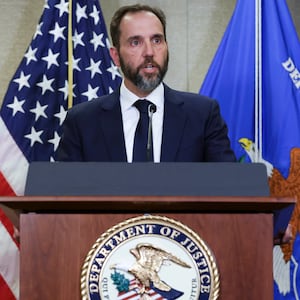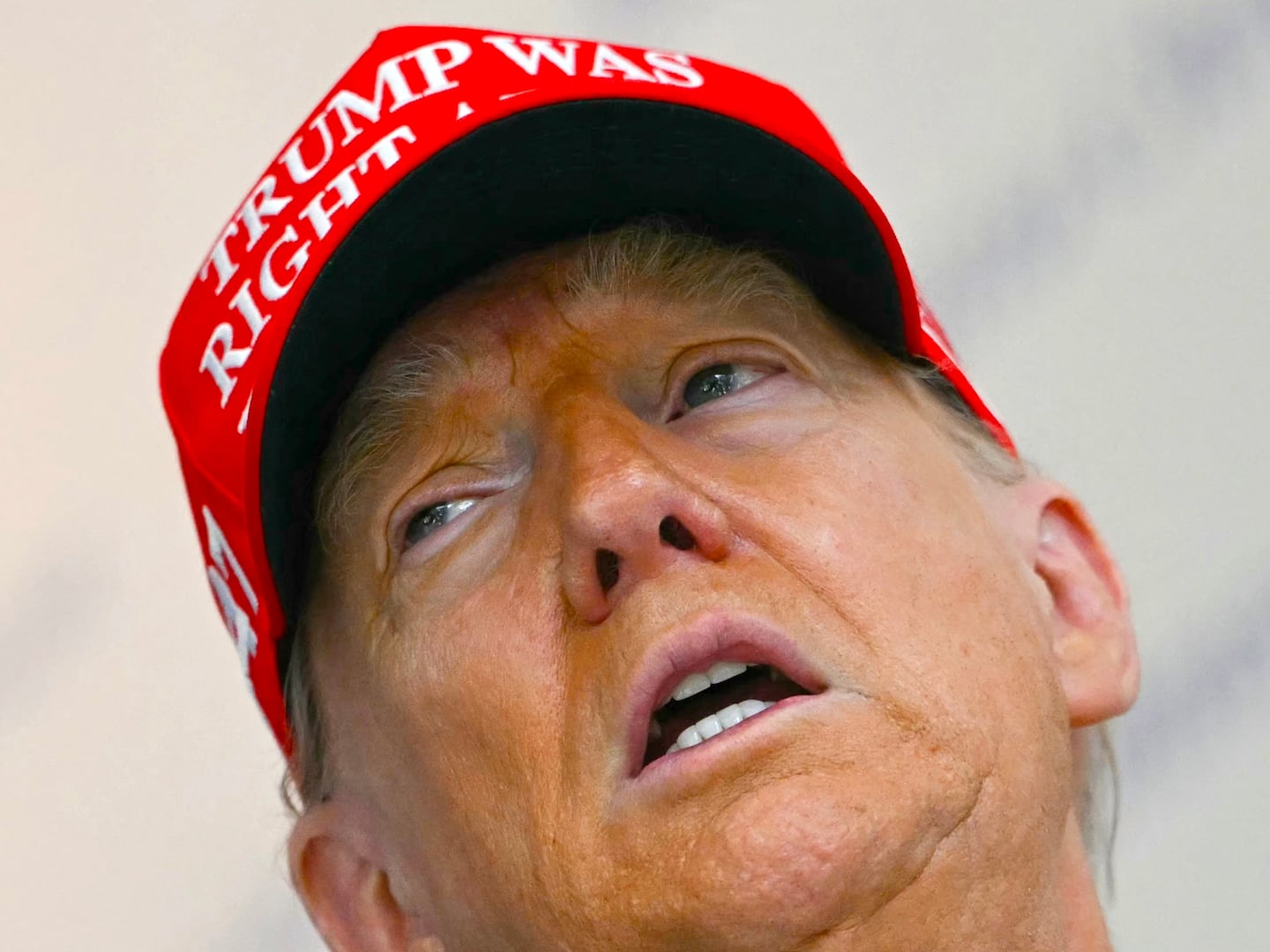The prosecutor in the case over Donald Trump’s alleged mishandling of classified documents criticized a request from the judge overseeing the proceedings, claiming that it’s based on a “fundamentally flawed legal premise.”
In a court filing Tuesday, Justice Department Special Counsel Jack Smith said U.S. District Court Judge Aileen Cannon’s orders risked putting the case in jeopardy before the trial even begins. Smith and his team also called on the court to “promptly” make its interpretation of a key issue clear and signaled that they might file an appeal to dispute the judge’s decisions once her intentions about how the case can proceed have been clarified.
At issue is an unusual order Cannon made last month in which she asked both the prosecution and defense teams to file two versions of draft instructions for the jury. The order—which Cannon made even though a trial date has not yet been set—asked the legal teams to base the instructions on two possible scenarios.
In one scenario, Cannon asked the attorneys to base instructions on the assumption that presidents have the right to declare documents personal rather than official at the end of their time in office by using the Presidential Records Act. This is the argument that Trump’s defense is arguing in the case. In the other scenario, the jury would be allowed to review records and decide which of the documents Trump allegedly retained unlawfully are “personal” and which are “presidential.”
Trump has been charged with mishandling 32 classified documents under the Espionage Act—the former president denies the charges. In his filing, Smith argued that the Presidential Records Act should “play no role” in jury instructions at all.
“Both scenarios rest on an unstated and fundamentally flawed legal premise—namely, that the Presidential Records Act (‘PRA’), and in particular its distinction between ‘personal’ and ‘Presidential’ records [...] determines whether a former President is ‘authorized,’ under the Espionage Act [...] to possess highly classified documents and store them in an unsecure facility,” the special counsel’s team wrote.
Instructions based on that “wrong” legal premise “would distort the trial,” the prosecution added. It also said if Cannon does permit a jury instruction according to the Trump team’s argument that a president has the right to declare any record personal at the end of their term, regardless of its classification or where it’s stored, then “the Government must be provided with an opportunity to seek prompt appellate review.”
Smith’s team reiterated that “both of the Court’s scenarios are fundamentally flawed and any jury instructions that reflect those scenarios would be error,” but nevertheless added in the filing “jury instructions for each of these two legally erroneous scenarios.”
Cannon, who was appointed to the bench by Trump, had initially scheduled the trial to begin on May 20, but a later date is now more likely amid ongoing disputes brought by both sides. Trump faces three other criminal cases as he campaigns for president.







